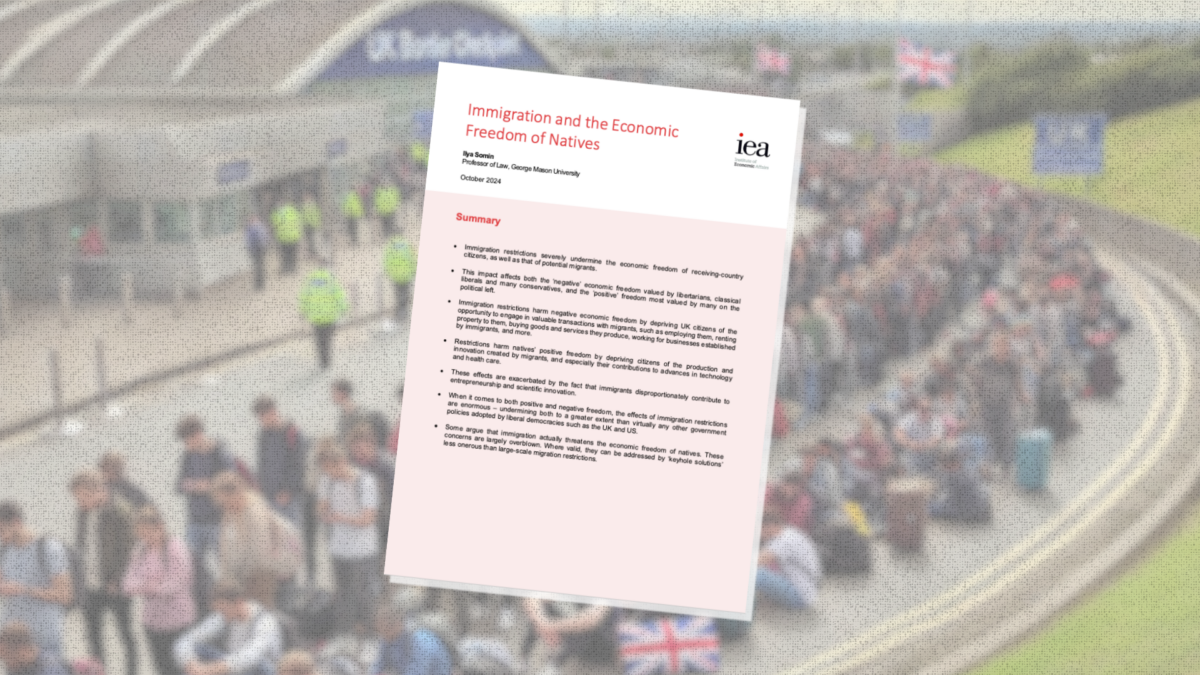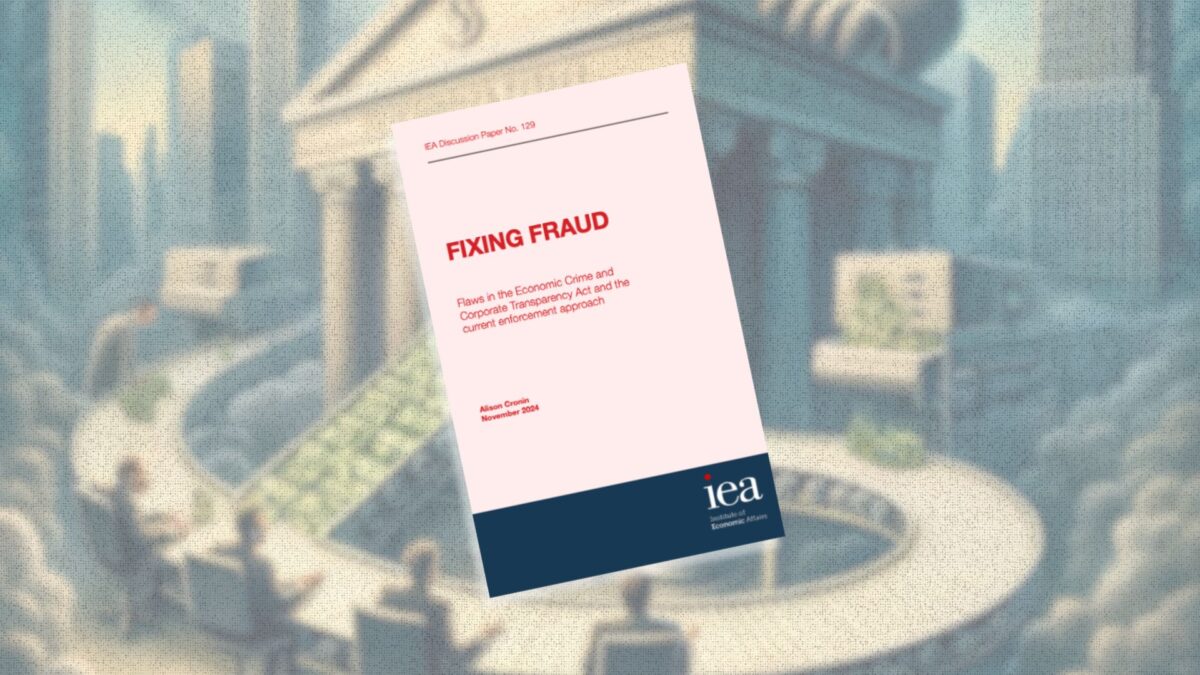Raising employer NIC in the Autumn Budget
SUGGESTED



Reports suggest that the UK government will rise National Insurance Contributions (NICs) for employers in Wednesday’s Autumn Budget. According to new research by PolicyEngine and published by the Institute of Economic Affairs, employers could respond to the rise by reducing wages and increasing prices.
Revenue from any employer NI reforms—whether to rates, thresholds, or bases—will depend on how employers pass the burden to wages.
Contents
Summary
The Times reports that the UK government may raise National Insurance Contributions (NICs) for employers in Wednesday’s Autumn Budget. Having previously considered including employer pension contributions in NICs (a reform PolicyEngine has analysed), Rachel Reeves will now reportedly raise the rate by one to two percentage points, and lower the threshold by an unspecified amount.
This report examines the proposal’s potential impacts using PolicyEngine’s microsimulation model, considering the effects should employers pass the costs to workers. If employers reduce wages, income taxes also fall, and benefit spending rises. Overall we find that, across policy options and compared to a scenario where employers only pass on the cost in higher prices, revenue from employer NIC reforms falls by 43 to 49 percent if employers pass on the full cost in reduced wages.
The proposal
Employers currently pay NICs of 13.8% on employee earnings above £175 per week (£9,100 per year). The Times reports that the Chancellor is expected to raise the employer NI rate by “between one and two percentage points”, and “make a ’significant’ cut to the earnings thresholds at which employers start making national insurance contributions,” and that these changes combined will raise £20 billion.
Example household impact
Consider an employer paying an employee £30,000 per year in salary. Today, they would pay NICs of 13.8% on the excess of £30,000 over £9,100, or £2,884. That is, they pay £32,884 per year to employ the worker, between salary and NICs.
If the government raises the employee NIC to 14.8%, and the employer does not change the salary, their employer NIC rises by £209 to £3,093. Since their compensation remains fixed, the employee’s taxes and benefits would not change. Consumers and investors would bear the cost if workers do not.
Suppose the employer responds to the 1p NIC increase by reducing wages. To keep their total cost of employment fixed at £32,884 between salary and NICs, they would have to lower the salary by £182 (0.6%), from £30,000 to £29,818.
In this scenario, workers bear the entire cost of the reform, rather than consumers and shareholders. But as their earnings fall, so do their income taxes and employee NICs (and, if they’re eligible for benefits like Universal Credit, those would rise). Since this worker pays the basic rate of tax and does not receive benefits, their taxes would fall by 20% of £182, or £36.
Economy
We apply this logic to all of the roughly 100,000 households in our representative microdata, aggregating the changes in tax liabilities and benefit entitlements. We find that raising employer NICs by 1p without changing the threshold would raise £9.2 billion in 2025 if employers do not reduce wages, or £4.7 billion if they pass the full burden to wages. HMRC projects that such a reform would raise £8.5 billion in FY2025.
Assuming full worker pass-through reduces the revenue by between 43% and 49% across the range of potential reforms Reeves may be considering (45% with respect to levying NICs on pension contributions).
Table 1: Effect of worker pass-through on NIC reform revenues.
| NIC policy | Revenue (£bn, 2025) | |||
| Rate | Secondary Threshold | No worker pass-through | Full worker pass-through | Difference |
| 14.8% (+1p) |
£175 (no change) |
9.2 | 4.7 | -49% |
| 14.8% (+1p) |
£0 | 47.2 | 27.4 | -44% |
| 15.8% (+2p) |
£175 (no change) |
18.3 | 9.3 | -49% |
| 15.8% (+2p) |
£0 | 58.9 | 33.4 | -43% |
Conclusion
Studies show that employers pass on part of the cost of increased payroll taxes to employees through lower wages or reduced hiring. PolicyEngine supports custom assumptions on the extent of this pass-through, as compared to consumer and capital pass-through, through our open source platform. Regarding National Insurance reforms reportedly considered in the Autumn Budget, full worker pass-through reduces revenues by between 43% and 49%. As the Chancellor finalises the reform, we will model its impact under various assumptions, reflecting the uncertainty around this behavioural response.



